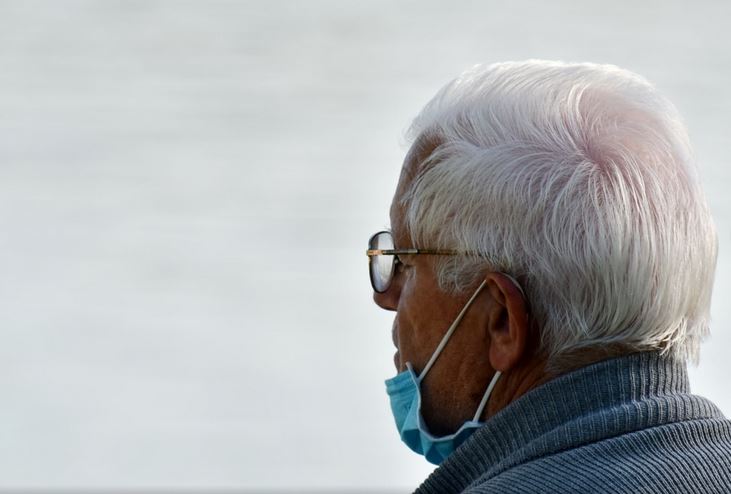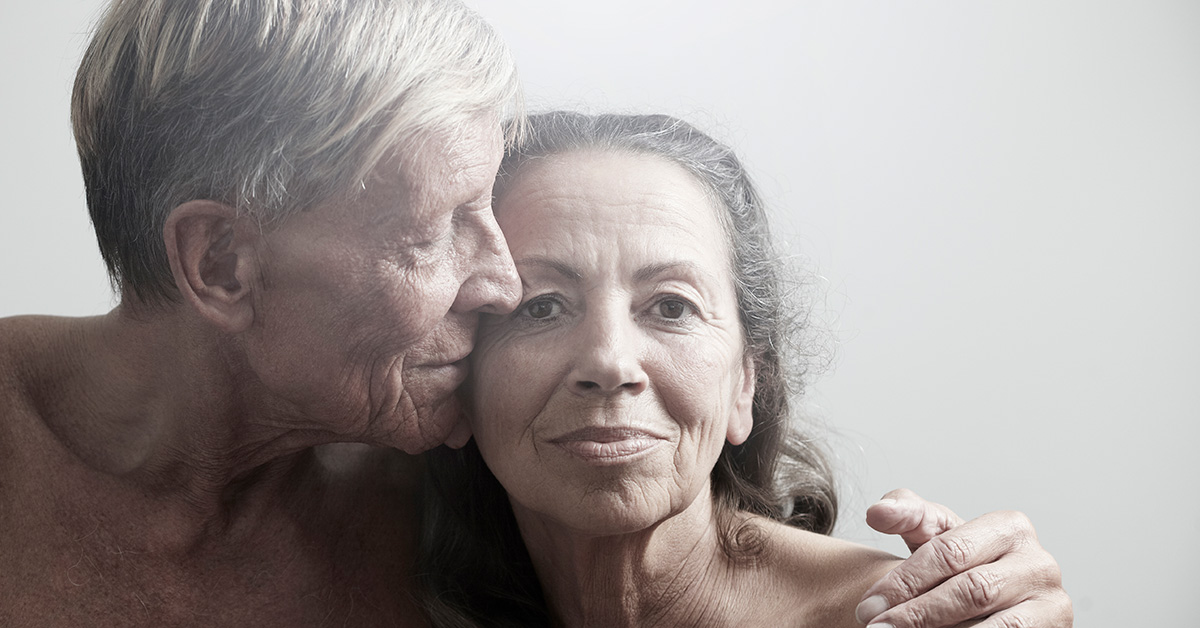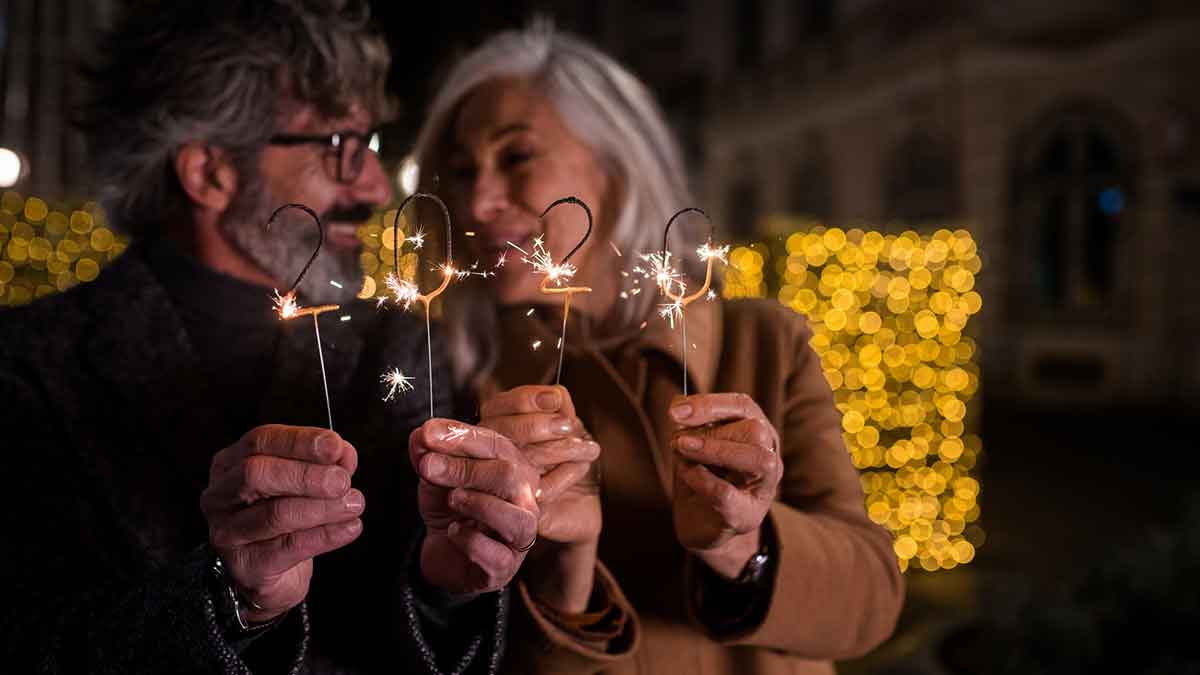Psychological Impact of COVID-19 on Older Adults
Because our older population is at a much higher risk for infection and negative outcomes due to COVID-19, it is extremely important that they are even more cautious than the rest of the public. Using masks, frequently washing hands, and social distancing have become the new normal, but that only protects our seniors physically.
What can we do to protect their emotional wellbeing during these unprecedented times? There is an extreme psychological toll from trying to stay safe and isolated and we would be remiss not to include the emotional toll alongside the negative, physical impacts of the pandemic.
Depending on age group and health level, many older folks rely on caregiving to maintain their daily routines. Caregivers usually help with activities of daily living. Whether the care is given professionally or by a family member who has stepped in to help, the entire caregiving industry has been disrupted this year. Many seniors have had to forego the care they would normally receive because it is not safe being in such close contact with others.
Because of this, many people have not only lost their routines, but also the ability to remain active in a safe way. For those that have family members living with them and taking care of them, the disruption has been less severe, but family caregivers still must remain distant from the seniors they are providing care for. The constant fear of infecting a loved one has taken a psychological toll on both caregivers and seniors alike.
For the older population that does not rely on caretakers, staying at home and avoiding crowded places has been the main advice we have been given all year. While this is great for staying safe from the virus, isolation and loneliness has become a major issue for people of all age groups. Seniors can become easily isolated in even the best of times, but during the pandemic when everybody is at a high level of stress, older relatives may not be at the forefront of your mind.
Try to check in with the older adults in your life either by simply calling on the phone or if they’re technologically savvy, by video chatting with them. Nothing can replace genuine human contact but checking in and updating your loved ones will make them feel like they are still an integral part of your family unit. A little bit of good news and entertainment in the form of video chatting with grandchildren, nieces, nephews, etc. goes a long way.
Another major consequence of the pandemic that not many people are talking about is the closure of religious organizations. Seniors and older people make up the largest demographic of people who rely on church, synagogue, or the mosque, for community. Going to a religious service each week used to be many people’s main weekly outing.
Although nothing can be done about in-person services, many religious institutions are offering outdoor services, parking lot drive-in style services, and for those who can’t leave their homes, video services. Until congregations can open again, these substitutions will have to suffice.
Along with religious congregations being forced to shutter, long term care communities have been forced to eliminate or severely modify their visiting hours. For elderly people living in residential care homes, assisted living facilities, or skilled nursing facilities, the risk of an outbreak is too great to permit visitors. The emotional strain of not being allowed to see family members has negatively impacted the older generation as well as the younger one.
Under government guidelines, long term care facilities are going to be the last public spaces to reopen, so nobody is sure of when visiting hours will go back to normal. In the beginning of the pandemic, before the virus was understood and testing was unavailable, many residents of long-term care communities were forced to isolate in their rooms. Now, thankfully, with better safety guidelines and more testing, residents can at least mingle with their fellow residents. Communities have begun to bring back group activities like bingo nights, movie nights, crafts, and shared dining hours.
Despite all of the negative emotional effects of COVID-19, people are resilient, and I believe we will collectively make it through this experience. Because the pandemic will one day end, it is especially important to push the older people in your life to continue exercising if their health permits.
Physical exercise helps fight depression, anxiety, boredom, and insomnia for those who have no normal schedule or routine to stick to. The more physically active a senior stays, the longer they can remain independent and in the chance they do get COVID-19, the better chance they have of successfully beating the virus. Letting your older loved ones remain sedentary increases almost every advanced-age illness and even just taking a walk around the block has been shown to have many positive benefits. Plus, walking can be a great way to see other neighbors while remaining at least six feet apart to help fight loneliness.
Max Gottlieb is the content manager for Senior Planning. Senior Planning offers free care assistance as well as low-cost legal document preparation and assistance with state and federal benefits.









Biggest psychological impact on seniors is JOE BIDEN